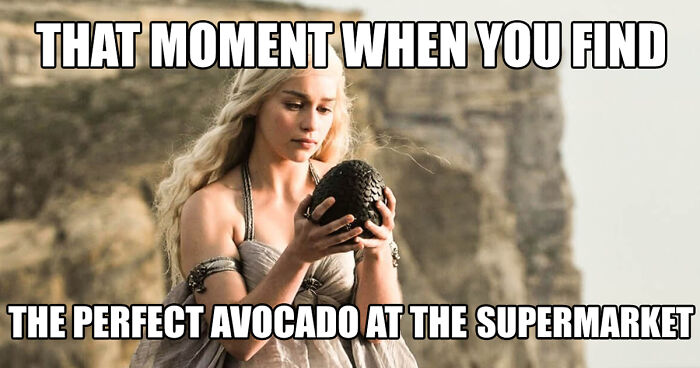Let’s be honest, you simply need to exist for you to carry some amount of trauma. There’s no getting through life without experiencing moments that irrevocably alter your very being. For the previous generation, there existed a culture that made sure there was no room for mental health to be taken seriously. To them, depression was just a synonym for sadness, therapy was a waste of money and mental illness was to be buried under polite responses. So, it’s no surprise that trauma was just overlooked as a life experience that everyone goes through. The chant of the generation was “toughen up” and “stop being soft”. It seemed that it would be a never-ending cycle of generational trauma being passed on, but lo and behold, the internet made its entry.
Irrespective of your place of birth, your upbringing, your circumstance, people now had access to an ocean of information. Acceptance ceased to be the norm, with individuals questioning what was once considered gospel. This directly impacted the existing perception of mental health as people began to speak about it more openly, sharing personal experiences with one another and challenging the stigma surrounding it.
It has been said before that knowledge is power and this shift more than proved it.

But, we’re not here to talk about how the internet influenced mental health, but rather how the generation born of the internet copes with trauma. Conventionally, when people were faced with traumatic events they either kept to themselves, spoke to a loved one or sought therapy. That has since changed. Social media has offered people an outlet for their emotions, making it easier to express themselves and seek out others who have lived through similar experiences. From the ‘mildest’ to the most extreme experiences, people have developed new ways to cope. Be it through social media stories, the sharing of memes, discussion groups, people have made use of the online outlet that is social media in numerous ways.
A common factor that exists among most online coping mechanisms is humour. This is important because it marks a mental shift in society to the acceptance of a varying degree of nihilism. That’s not to say that it’s a generation that no longer cares but rather a generation that would rather laugh than cry over spilt milk. To a generation that has been the first to openly accept that mental health is not something to be ignored, coping with trauma is a new challenge to face.
When the pandemic hit we were surrounded by unending tragedies coming at us from every corner. There wasn’t a channel that wasn’t broadcasting PSA’s or traumatic stories and rightly so. We were living through a historic event that was to change the face of human interaction among other things, quite permanently. But, what was unique to note is that memes and online lingo found new life through this. Scattered across the internet was content that made a mockery of the pandemic and the troubles it brought. Not, of course, because it wasn’t being taken seriously but rather because the helplessness of the situation pushed people to cope with it in any way that they could. The sharing of memes helped people form a community and shield themselves with the comfort of knowing that they are not alone in their battles.
Now, like most points in history, there exist numerous sources of sorrow and grief. In an endeavour to get through these trying times, this generation has channelled their grief into a unique sense of humour. Rather than hide the pain, they wear it as a badge of honour, not to glorify it but to take power away from it. While it’s not a medically approved manner of dealing with trauma, when it comes to mental health, there’s no guidebook that can guarantee you freedom from pain. So, this generation is dealing with it the best way they know how to, through memes, Tik-Toks and so on. However, the challenge arises when a coping mechanism crosses over into insensitivity. While you laugh at a meme that calls 2022 just another season of Game of Thrones, what of the people who have lost loved ones to the situation? Not everyone processes and deals with their issues in the same way, so how do you navigate a space ruled by subjectivity?




